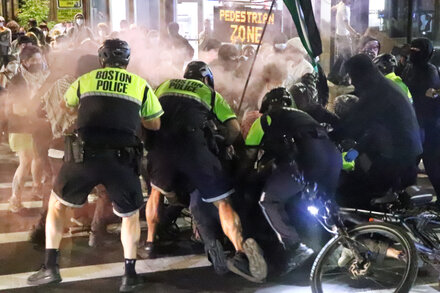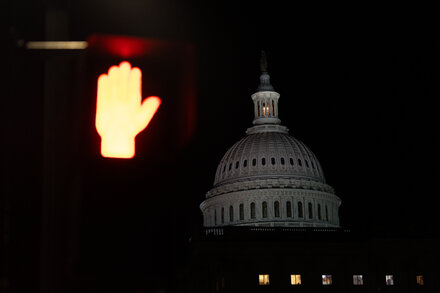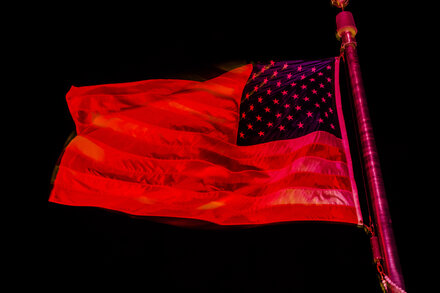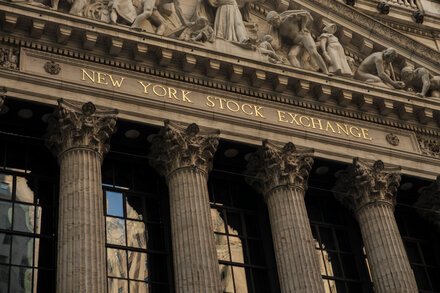
Boston prosecutors have sparked significant debate by invoking a century-old statute, previously used to target anarchists and perceived radicals, to file charges against a group of modern-day protesters. The move marks a notable escalation in how authorities are addressing public demonstrations and has drawn sharp criticism from civil liberties advocates.
The charges stem from a series of demonstrations in late September that saw downtown Boston disrupted for several days. Protesters, advocating for various causes including climate action and social justice, engaged in acts of civil disobedience, including blocking major roadways and occupying public squares. While many participants were initially charged with standard offenses such as disturbing the peace and unlawful assembly, a select group now faces more severe charges under an obscure state law.
The Statute’s Controversial History
The specific law in question, an anti-sedition and public disruption act, dates back to the early 20th century, a period marked by widespread labor unrest and fears of radical political movements. Historically, it was employed during the “Red Scare” era to prosecute individuals associated with anarchist groups, socialist organizations, and labor activists deemed threats to public order. Its provisions are broad, encompassing actions deemed to incite public disorder, undermine government authority, or conspire to disrupt essential services.
Legal historians note that the statute has largely fallen into disuse in recent decades, with most protest-related offenses handled under more contemporary laws. Its re-emergence in the Boston context has raised questions about prosecutorial intent and the potential implications for free speech.
Prosecutors’ Rationale and Critics’ Concerns
The Suffolk County District Attorney’s office has defended its decision, arguing that the defendants’ actions went beyond peaceful protest, causing substantial damage and requiring the deployment of the National Guard to restore order. They contend that the severity of the disruption warranted the use of a statute designed for exceptional circumstances.
“These were not minor infractions; these were coordinated actions that severely impacted our city, disrupted emergency services, and necessitated a significant law enforcement response, including the activation of the National Guard,” stated a spokesperson for the District Attorney’s office. “Our responsibility is to ensure public safety and hold accountable those who cross the line from protest to criminal conduct. This statute provides the necessary framework for the egregious nature of these particular offenses.”
However, defense attorneys and civil liberties organizations have vociferously condemned the application of the law, labeling it an act of prosecutorial overreach designed to intimidate protesters. They argue that using a statute with such a historically suppressive background sets a dangerous precedent.
“This is an alarming attempt to weaponize an archaic law against modern-day activists,” said Sarah Jenkins, a civil rights attorney representing several of the charged individuals. “The historical context of this statute is clear: it was used to silence dissent. To invoke it now against citizens exercising their First Amendment rights, even if those protests were disruptive, is a chilling message that threatens the very foundation of free speech in our democracy.”
Critics also point to the potential “chilling effect” such charges could have on future demonstrations, discouraging participation due to fear of disproportionate legal consequences. The legal community is closely watching the ongoing proceedings, as the outcome could establish significant precedent for how protest-related offenses are prosecuted in Massachusetts and potentially beyond.
Source: Read the original article here.





